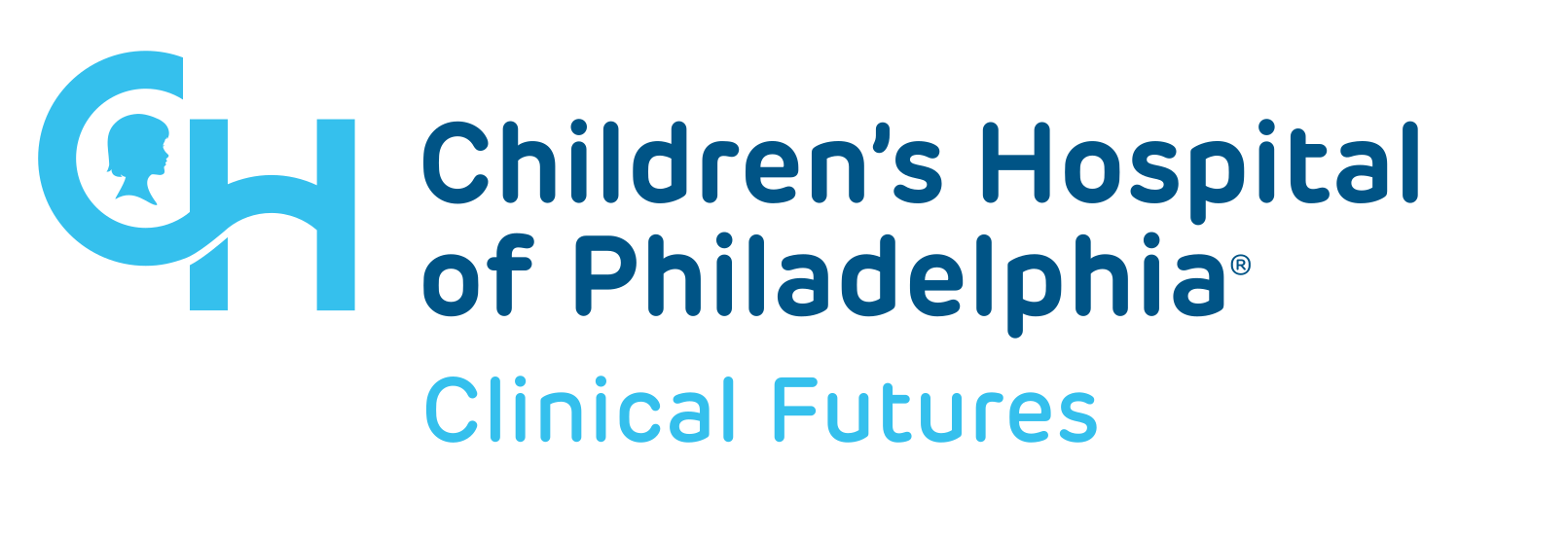Research In Practice Blog
Breadcrumb

The COVID-19 pandemic has disrupted much of life as we knew it. Adolescents may have been especially impacted, as social distancing forced a new way of virtual learning for many, and declines in the economy and job instability have impacted many families.
These disruptions could lead to many consequences, but a noticeable one was a worsening in mental health. From a prior report, we know that there were increases in adolescent depression and suicide risk early in the pandemic. However, it was unknown whether the increases early in the pandemic led to sustained increases in depression and suicide risk throughout the pandemic.
In this post, we will explore results from our study Trends in Positive Depression and Suicide Risk Screens in Pediatric Primary Care During COVID-19.
Our study design and findings
To better understand how the pandemic might impact adolescent mental health longer-term, we designed a study that used electronic health record data to examine changes in depression and suicide risk in adolescents during the early pandemic and the late pandemic, as compared to pre-pandemic. We calculated the percent of teens within CHOP’s pediatric primary care network who screened positive for depression or suicide risk at routine well-child visits in each month from March 2018-May 2022. Then we used statistical modeling to estimate risk differences for positive depression or suicide risk screens both early and late in the pandemic compared to pre-pandemic, accounting for seasonal patterns in mental health outcomes.
Our team found that the risk of positive depression and suicide risk screens increased during the early pandemic period as compared to the pre-pandemic period. During the late pandemic period, risk of depression returned to baseline but suicide risk remained elevated.
Potential reasons for increases in mental health concerns
Although our study did not explore individual-level data regarding factors that impact mental health, there are many reasons that adolescents may have experienced increasing mental health concerns during the early pandemic, starting with the state of emergency that was declared in March of 2020. Many adolescents thrive on social interaction; these interactions were eliminated by pandemic lockdowns. Tragically, many adolescents also lost their primary or secondary caregiver due to the pandemic or had caregivers become seriously ill from the virus.
Additional stressors came from economic turmoil, and national events such as the murder of George Floyd and the presidential election. Job losses were occurring at a much higher rate than normal, adding more uncertainty to the already tumultuous times. It is possible that all of these events together compounded to make an already difficult situation even worse, increasing the risk of poor mental health outcomes for adolescents.
Prioritizing adolescent screenings for depression and suicide
Our team is following up this study with investigations into longer-term trends in other key child wellness outcomes during the pandemic, such as obesity. We are also investigating whether neighborhood environmental factors played a role in the mental health impacts seen in our area.
Our findings drive home the need to continue routinely screening for adolescent mental health in pediatric primary care, and developing interventions for when a teen screens positive for depression or suicide risk. We all can advocate for increased access to behavioral health care. Since access to behavioral health providers declined for many children during the pandemic, this advocacy is especially important now and into the future.
We hope that these findings ultimately help to inform clinical interventions and broader policies that can improve adolescent mental health outcomes. ____________________________________________________________________________
Chloe Hannan, MS, is a former researcher at Clinical Futures and PolicyLab at Children's Hospital of Philadelphia (CHOP) and currently serves as a Consumer Insights Analyst at Wawa. In her role, Chloe helps design, field, and analyze customer research.
Stephanie L. Mayne, PhD, MHS, is the Associate Director, Clinical Epidemiology at Clinical Futures. Dr. Mayne is also a faculty member and research scientist at PolicyLab at the Children’s Hospital of Philadelphia. She is an epidemiologist whose research focuses on the prevention of cardiovascular disease as well as the promotion of healthier lifestyles in children and their families. Using multilevel and longitudinal epidemiological methods, she investigates how factors at the individual, family, neighborhood, and policy level influence risk factor behaviors and cardiometabolic outcomes.
Her past research has focused on tobacco control and obesity prevention policies, neighborhood social environments (e.g., crime, safety, segregation), and using new technologies (e.g., Google Street View imagery) to characterize neighborhood environments. She is also currently engaged in research to promote innovation in pediatric primary care, and has collaborated with other Children's Hospital of Philadelphia investigators on health information technology-focused research in primary care settings.
Study authors from Children’s Hospital of Philadelphia include Chloe Hannan, Stephanie L. Mayne, Mary Kate Kelly, Molly Davis, Jami F. Young, Maura Powell, Alisa Stephens-Shields, George Dalembert, Katie E. McPeak, Brian P. Jenssen, and Alexander G. Fiks.
Funding for this study was provided by the Children's Hospital of Philadelphia Possibilities Project.
Trends in Positive Depression and Suicide Risk Screens in Pediatric Primary Care During COVID-19. Acad Pediatr. 2022 Dec 27:S1876-2859(22)00632-5. doi: 10.1016/j.acap.2022.12.006. Epub ahead of print. PMID: 36584938; PMCID: PMC9792424.
